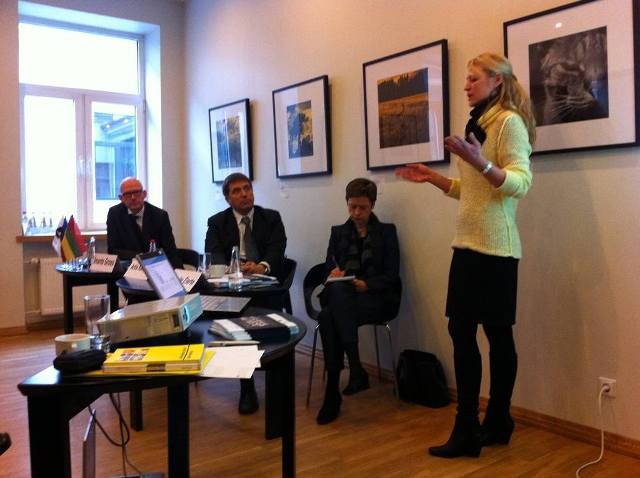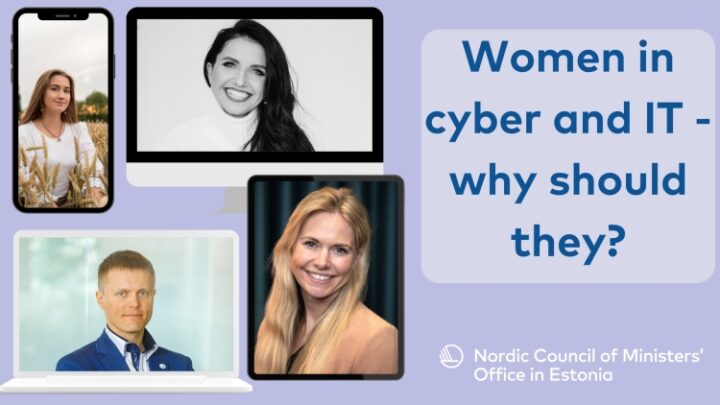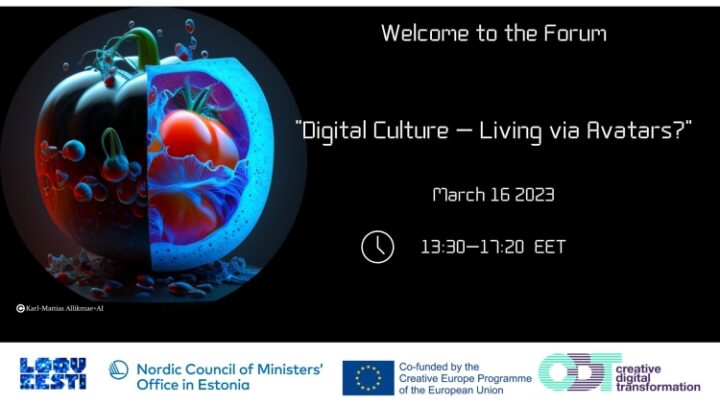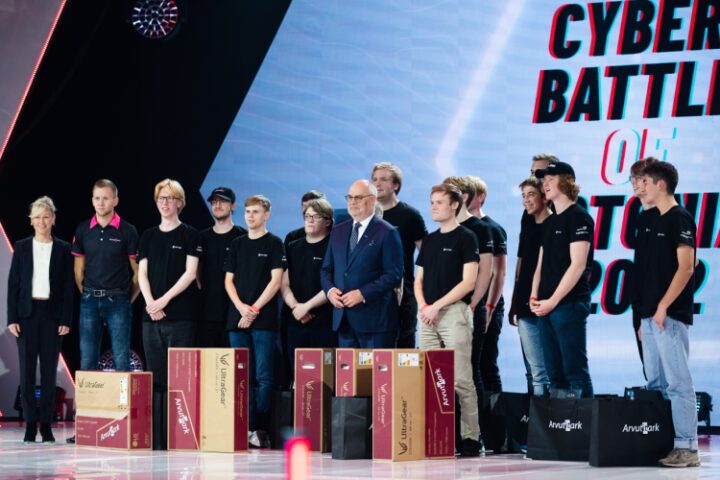Nordic countries and Baltic States reinforce cooperation on creative industries

|
Representatives of the Baltic States and the Nordic Council of Ministers (NCM) came together at the invitation of Latvian Minister of Culture Sarmite Elerte to discuss the promotion of the creative economy and to weigh up ways of working more closely and successfully together. There is a need in the creative economies of the Nordic countries and the Baltic States to find more and more new forms of cooperation with the aim of boosting the region’s breakthrough potential around the world, explained Imants Gross, director of the Latvian office of the NCM. Estonia is one step ahead of the other Baltic States in terms of the development of the creative economy. Minister Elerte said that she is now determined to focus on fostering the development of the creative economy in Latvia. One of the country’s early success stories is the creative incubator Andrejsalas, which has only been operating for a couple of months, and into which were admitted 50 companies out of 2000 applicants. They do not have a pre-incubation programme; instead, to support companies, they cover 85% of the costs of outsourced services during the first year and 80% in the second year. They also encourage the companies to purchase services from others within the incubator. |
| During the recession, many well-located premises in Riga stood empty and unused. Latvia’s Modern Art Centre launched a project called ‘Brigade’ with the support of European funds, granting assistance to those who met four conditions: they had to be a creative company; their project had to be socially responsible; it had to be sustainable; and it had to be able to make use of currently unused premises within the city. This gave rise to such projects as a pot plant hotel; a cardboard furniture hire centre; and the manufacturing of ‘freak bikes’ for the disabled. An advisory programme for start-up companies based on the Swedish model known as ‘Jobs and Society’ is operating in Latvia in which companies that are already up and running assist those just starting out free of charge. The undertaking is funded by sponsors. A survey recently conducted in Vilnius highlighted Lithuania’s main problems as the lack of coordination of the activities of creative companies and the lack of awareness among business people of the opportunities that the creative field presents. “When you’re mapping these things you shouldn’t forget the cultural aspect of the creative economy – stories, visions, history, memories, public space… all of the things that make a city a city,” stressed the survey team. The Ministers of Culture of Estonia, Latvia and Lithuania have been discussing developments in the creative economy at regular meetings since 2007. They have worked together previously, but are now turning their collective gaze to the Nordic countries and looking to make their meetings on the issue more regular still. Overview compiled by Tiiu Allikmäe from Creative Estonia. | ||
| IMPORTANT LINKS: | ||


